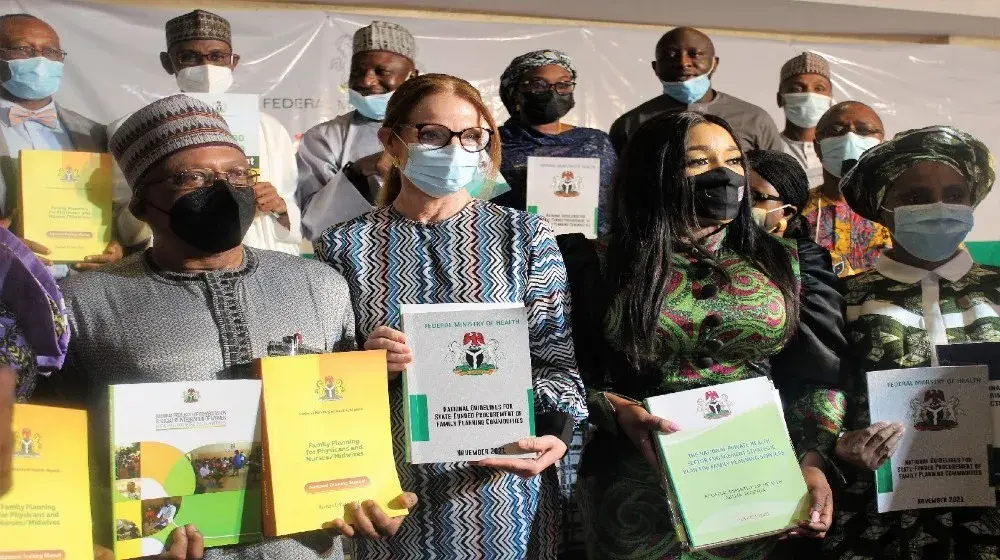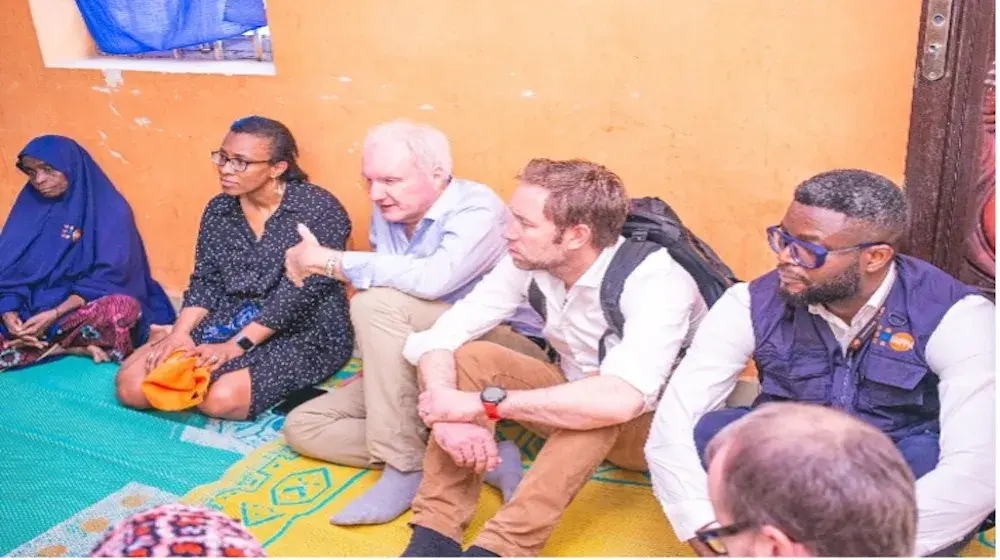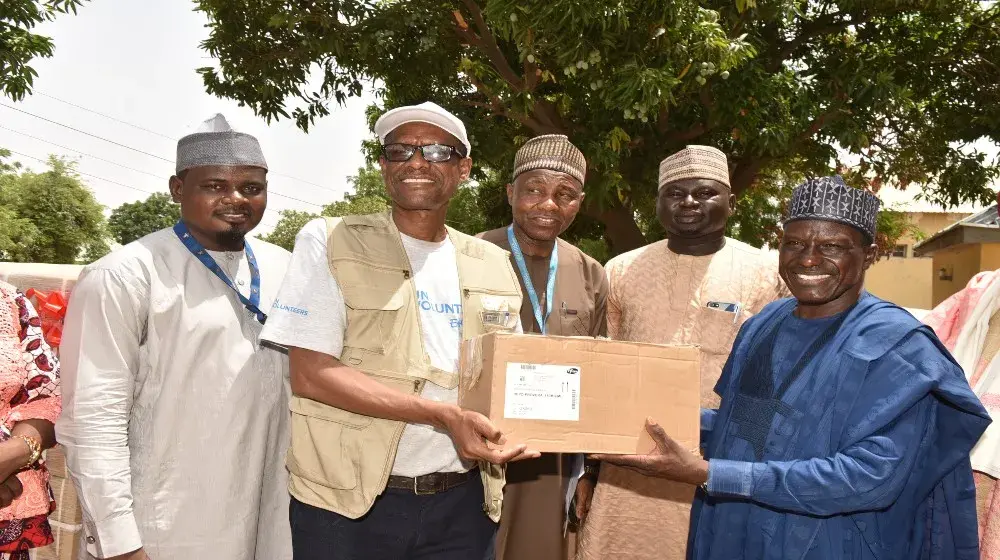FP 2030- UNFPA Nigeria and partners Launch Policy documents
In Nigeria, the national launch of the FP 2030 Commitment and other policy documents including the National Guidelines on State-Funded Procurement for Family Planning by the Federal Ministry of Health, UNFPA Nigeria held on March 9, 2021, in Abuja.
The vision of the FP 2030 is “By the end of 2030, Nigeria envisions a country where everyone including adolescents, young people, populations affected by crisis and other vulnerable populations are able to make informed choices, have equitable and affordable access to quality family planning and participate as equals in society’s development”.
A culmination of active participation and collaboration between relevant stakeholders at national and sub-national levels, the policies will guide action in driving Family Planning knowledge, uptake, and tracking across Nigeria.
With the modern Contraceptive Prevalence Rate (mCPR) for women aged 15-49 years currently at 12 percent, partners urged greater collaboration and investments that would increase acceptance of modern methods and attainment of CPR of at least 27 percent by 2030.
UNFPA Nigeria Country Representative Ms. Ulla Mueller reiterated the role of family planning in achieving all of the Sustainable Development Goals. She also urged the allocation of a dedicated budget line at the national level, to guarantee the realization of its benefits in gender equity, poverty reduction, and global development.
Speaking on the current progress in adopting the FP2030 global partnership at the national level, Minister of Health Dr. Osagie Ehanire said the commitment of the federal government to deepening family planning services was desirable.
He added that with Nigeria having the highest mortality rate for children under five years in Africa, the integration of Family Planning into the drive for universal access to services would activate optimal health outcomes, SDGs, and other economic gains.
National Population Commission Representative Dr. Usman Suleiman, while referencing the recently-launched policy on population management, commended the transition to FP2030 commitments. He said this would scale up achievements in the area of population management and harnessing demographic dividends across the country, through the adoption of sound health investments for increasing contraceptive prevalence rates and ensuring zero unmet needs for contraceptives.
FP2030 remains the most important global partnership dedicated to Family Planning, and UNFPA continues to play an important role in the partnership platform which allows stakeholders to convene, align, share knowledge, broker resources, and advance the field of family planning.





